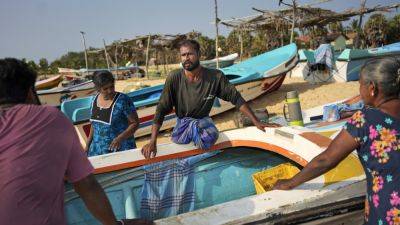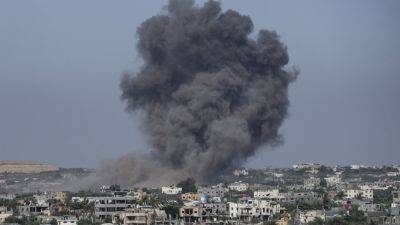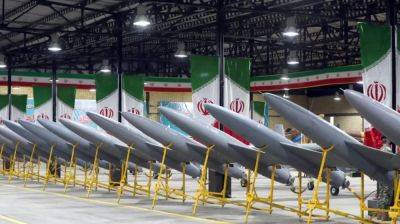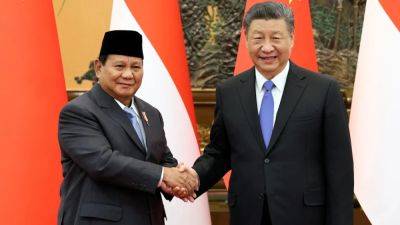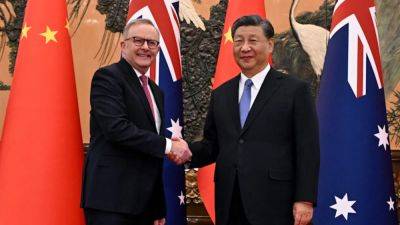Myanmar’s civil war rages on despite ‘whack-a-mole’ sanctions, scant aid. What more can be done?
“Outrage is not a policy: coming to terms with Myanmar’s fragmented state”, published on Sunday by the Lowy Institute think tank, argues that while the combination of sanctions and humanitarian assistance used by foreign governments so far was a reasonable starting point, “neither tool holds any real prospect of significantly influencing the course of the conflict”.
“Western governments have struggled to respond adequately to the 2021 military coup and resultant civil war, relying too heavily on a few traditional tools that simply do not match the dynamics or significance of these epochal events,” said Morten Pedersen, the report’s author and a senior international-politics lecturer specialising in Myanmar at the University of New South Wales Canberra.
“Still, it is hard not to conclude that there is also a lack of imagination in some policy circles, or at least insufficient will to try new things.”
The latest update last week from the Assistance Association for Political Prisoners, a non-profit group run by Myanmar exiles, estimates that 5,000 people have been killed since the coup began, with more than 26,000 people being arrested and over 20,000 held in detention.
Sanctions on the junta, such as blocking access to international markets, had largely been ineffective and were akin to “playing whack-a-mole”, Pedersen said, adding that while some of the junta’s financial transactions had been blocked, the generals could counter these efforts by simply restructuring their banking practices.
01:19
Myanmar’s junta extends state of emergency amid struggle to contain rebel forces
Zachary Abuza, a professor at the National War College in Washington specialising in Southeast Asian politics and security, told This Week in Asia that


